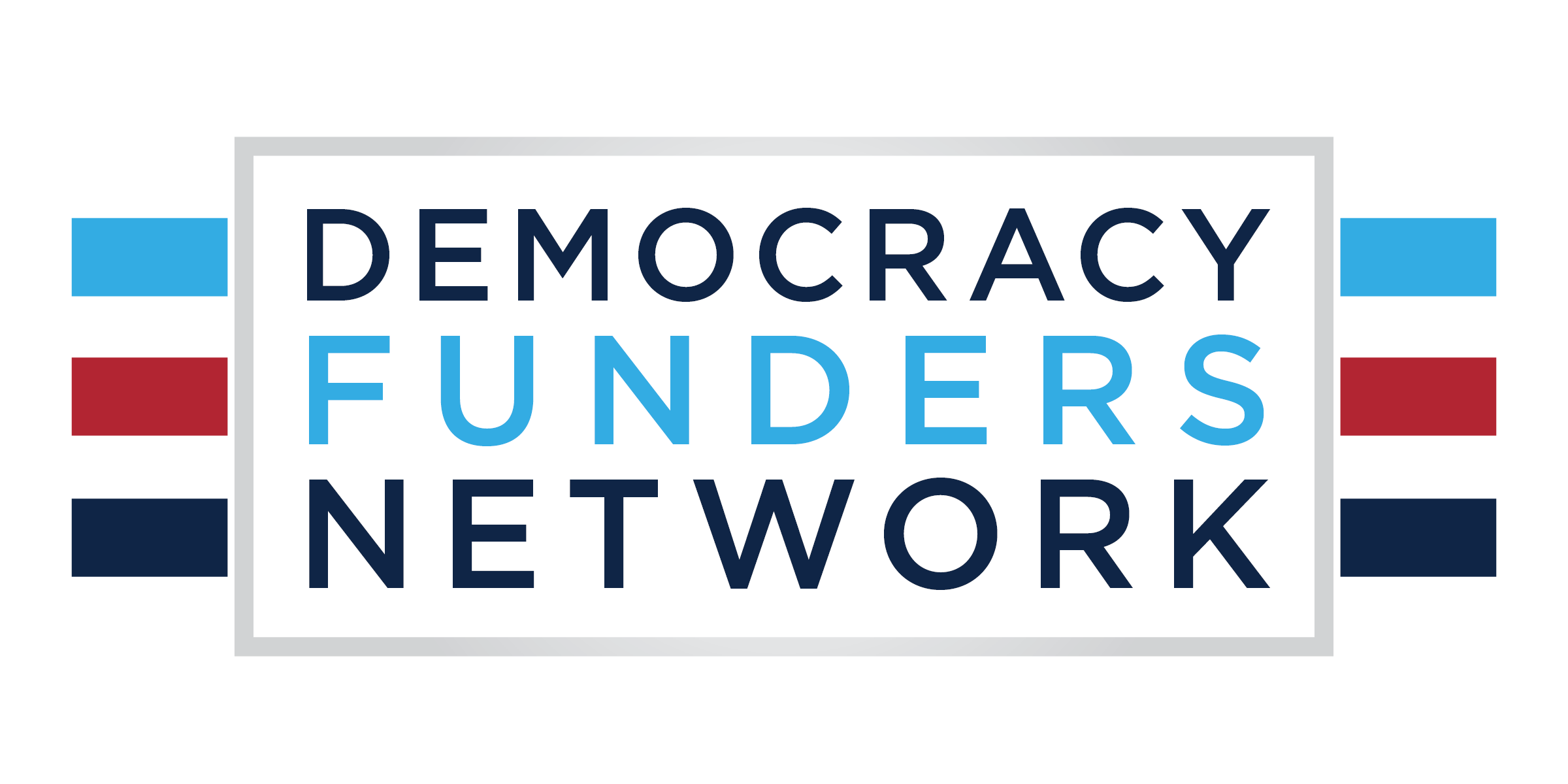At their best, faith communities can drive civic engagement, build cohesion across political lines, provide civic education, and play key roles in pro-democracy movements as they did during the civil rights era. At their worst, they can sow the seeds of discord, polarization, and violence in ways that gravely threaten democratic principles.
Recently, various groups have sought to understand the ways that faith communities impact democracy. PACE’s Faith In/And Democracy initiative and DFN’s recent webinar on the role of faith communities in preserving democracy are just two examples.
Throughout these efforts, funders have asked: “What is the evidence of faith’s positive influence and impact on democracy and civic life?” We believe there is an untold story about faith communities’ role in supporting positive character development, responding to crisis, bolstering the social safety net, holding political leaders and institutions accountable to moral standards, and organizing community members to civically participate.
Join PACE and DFN for a look into newly developed evidence, such as:
Rev. Ciera Bates-Chamberlain of Live Free Illinois will share findings from qualitative and quantitative data that evaluates the growth of social justice ministries, their engagement with the community, and their ability to win change in their community.
Chris Stackaruk of Neighborly Faith will share results from a national survey that demonstrates the extent to which Evangelical Gen Z’s (specifically ages 18-25) civic activities and beliefs are shaped by their faith leaders, compared to other leaders in their lives.
Sabina Mohyuddin of American Muslim Advisory Council will review new research on how civic engagement initiatives (like advocacy training and candidate forums) that are endorsed and hosted by mosques influence Muslims’ engagement with elected officials and voting.
Aaron Dorfman of A More Perfect Union: The Jewish Partnership for Democracy will recap their efforts to mobilize the Jewish community to ensure free, fair, safe, and accessible elections in advance of the 2022 midterms.
